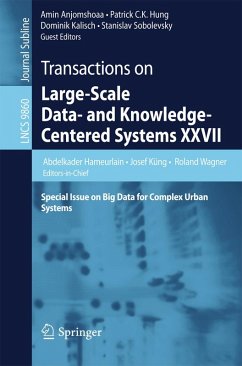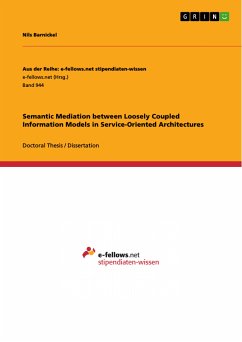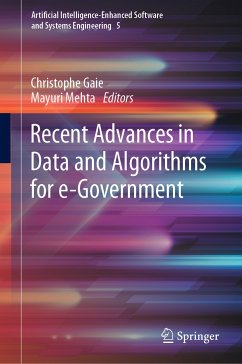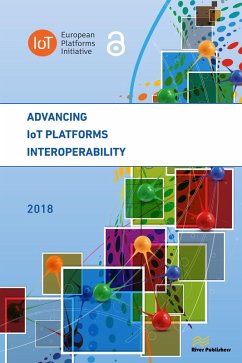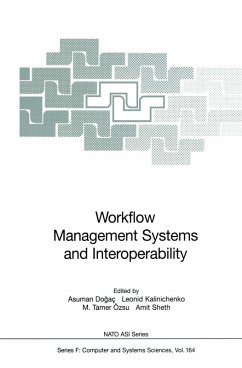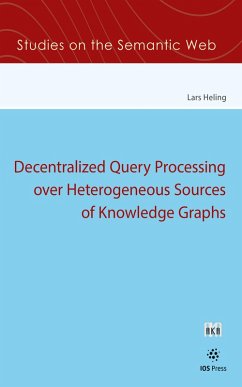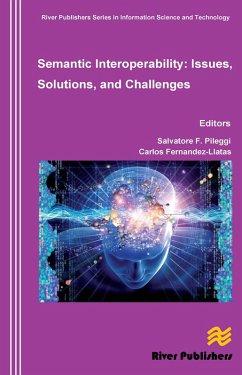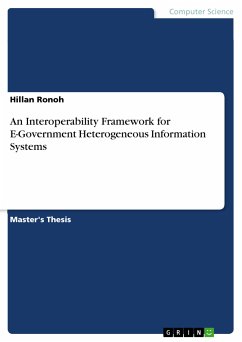
An Interoperability Framework for E-Government Heterogeneous Information Systems (eBook, PDF)
Versandkostenfrei!
Sofort per Download lieferbar
Statt: 52,95 €**
39,99 €
inkl. MwSt. und vom Verlag festgesetzt.
**Preis der gedruckten Ausgabe (Broschiertes Buch)
Alle Infos zum eBook verschenkenWeitere Ausgaben:

PAYBACK Punkte
0 °P sammeln!
Master's Thesis from the year 2018 in the subject Computer Science - Commercial Information Technology, grade: 80.00, Masinde Muliro University of Science and Technology, language: English, abstract: The main objective of the study was to develop an interoperability framework that defines and guides the establishment of interoperable e-government information systems within different levels of government. Information Communication and Technology (ICT) utilization has become a backbone of e-government implementation. Six components of information system (hardware, software, people, data, process...
Master's Thesis from the year 2018 in the subject Computer Science - Commercial Information Technology, grade: 80.00, Masinde Muliro University of Science and Technology, language: English, abstract: The main objective of the study was to develop an interoperability framework that defines and guides the establishment of interoperable e-government information systems within different levels of government. Information Communication and Technology (ICT) utilization has become a backbone of e-government implementation. Six components of information system (hardware, software, people, data, process and network) are combined to deliver information from government to their citizen as part of public services. However, there is an interoperability challenge on e-government implementation related to information system. These systems due to different vendors and their use of different storage types, data formats, languages and middleware platform have become diverse, hence the challenge of interoperability due to heterogeneity of e-government information systems. The study adopted a mixed methods approach where both quantitative and qualitative data was used. The instruments used for data collection included content analysis, interviews and questionnaires. The study used simple random sampling to distribute the questionnaires and purposive sampling technique for the interview schedules. Quantitative data was analyzed using descriptively statistics including mean, mode and standard deviation. Qualitative data was analyzed using thematic analysis. Pearson's correlation was used to find out the relationship between two variables while controlling the effects of one or more additional variables. ANOVA was used to determine whether the model was important in predicting the interoperability of e-government heterogeneous information systems in Kenya. Expert opinion survey was used to validate the proposed interoperability framework.
Dieser Download kann aus rechtlichen Gründen nur mit Rechnungsadresse in A, B, BG, CY, CZ, D, DK, EW, E, FIN, F, GR, HR, H, IRL, I, LT, L, LR, M, NL, PL, P, R, S, SLO, SK ausgeliefert werden.




